
Often, companies focus that much on selling a product and forget there’s a build-up to purchase; this is true whether it’s a B2B or B2C purchase.

Nothing challenged Apple’s iPod until we could play music at will on our phones or stream it on Spotify. So, for more than a decade, Apple dominated the portable music industry.
Step in the Zune (you’re forgiven if you’ve never heard of it). If there was a company who could provide any obvious competition to Apple, it was Microsoft.
Zune got excellent product reviews and should have been a success. However, the product never received any substantial marketing and was late to the party — released six years after the iPod.
Former Microsoft Executive Robbie Bach explained:
“I think our marketing message was very confused. I don’t think people walked away saying, this is what Zune is, and this is why it’s different. This is why I have to have it. We did some really artsy ads that appealed to a very small segment of the music space, and we didn’t captivate the broad segment of music listeners.”
The company focused on hitting a niche market — people who didn’t want iPods — and failed to capture even an eighth of the iPods marketing share. Microsoft discontinued production in 2011.
If the stuttering Zune isn’t enough to convince you your tech company needs marketing, we’re going to show you 7 more reasons:
Excellent marketing usually means one thing, increased sales. If more businesses or consumers are persuaded by your marketing, they’re more likely to buy your product.
There’s also the knock-on effect sales have. People tell other people what they’ve bought, they share it on social media, and leave reviews. You can use survey tools to gather data and amend the service you provide.
There are specific marketing strategies and tools you can use that are designed to increase sales: PPC, paid social, case studies and free demos.
Apple’s ‘Get a Mac’ campaign increased its market share by 42%. Its message was simple and delivered in a quirky way, PCs get viruses, Macs don’t.
This campaign was relevant to both B2C and B2B buyers, as nobody wants to deal with the inconvenience of broken equipment — for a business, it can be catastrophic.
Marketing for B2B Tech Startups – The Complete Guide
Providing you market your company well, you can enhance your reputation, and plenty of companies get it wrong!
Firstly, let’s take a look at the peculiar case of Sony. The reason this example is peculiar is that the ad was released over ten years ago in 2006. It caused a Twitter storm when someone posted the image on the social media site in 2017, where it received nearly 20,000 retweets.
The ad shows a white woman aggressively grabbing a submissive black woman by the face, with the slogan ‘PlayStation Portable — White is Coming’.
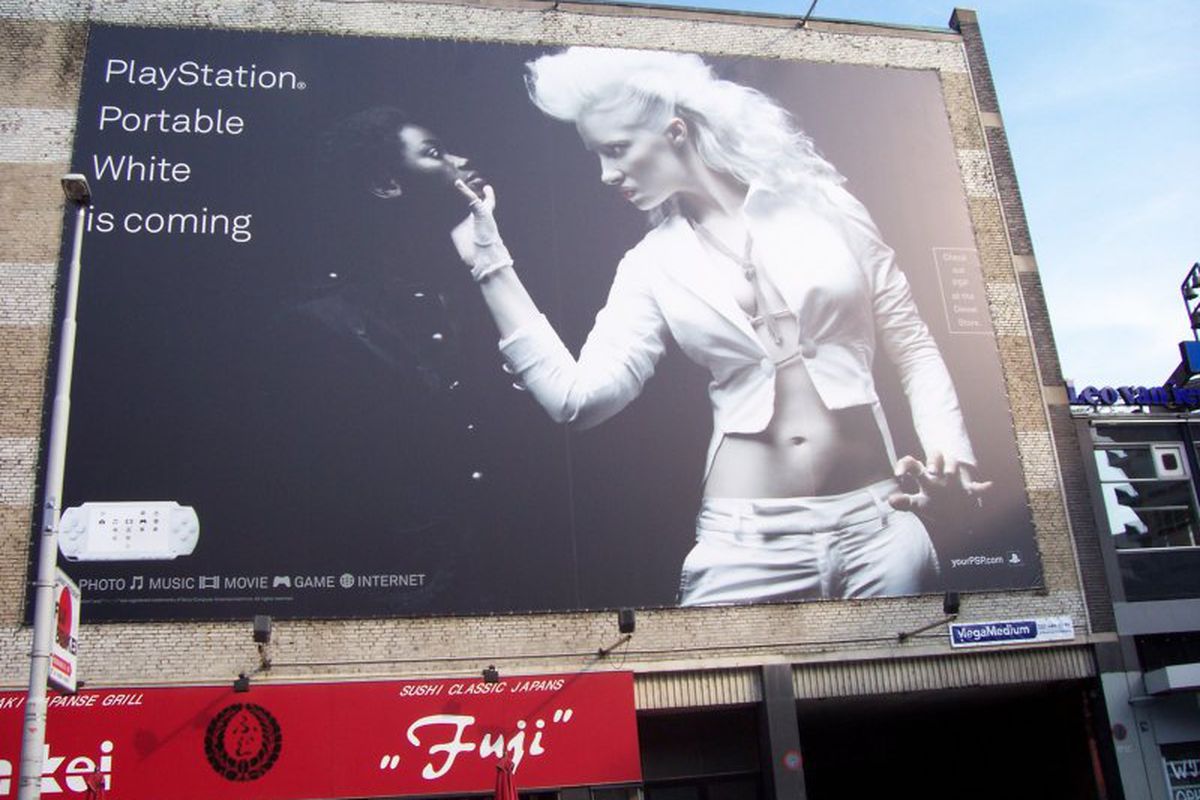
While nobody can verify if Sony were being deliberately controversial, there are racist undertones to the ad which isn’t good for publicity.
Remember, Sony is a large company that isn’t going to destruct because of one campaign, so startups have to be careful with the message they send out.
Secondly, let’s navigate to Android for an example of reputation boosting marketing. In 2015, they released a video of unlikely animals playing around.
The slogan? Friends Furever. A simple, heartwarming video that delivers a subliminal message from Android: let’s be friends.
Your reputation isn’t defined by what format you advertise in, it’s the message you deliver and how you deliver it. So consider what you want to get across to your audience and whether they’ll agree with it.
Also, this message captures both a B2B and B2C audience; people that download the apps, and developers that use Android to house their apps.
Unless you operate in a niche, there’s always competition. Competition is good — it forces you to be at the top of your game and create unique marketing solutions.
If there were room for one product in the marketplace, it’d be boring. And nobody wants a monopoly, we enjoy the freedom of choice. It creates group connections, symbolism and an opportunity for some light-hearted ribbing.
The gaming industry is competitive. Let’s rewind back to the 90s and talk about Nintendo vs Sega, the start of console wars as we know it. Sega had Sonic. Nintendo had Super Mario.
In 1990 Nintendo had a 90% share of the market in the US, about £1.8 billion. Sega stormed the market and overtook them four years later (although the figures were never shared).
The war is often referred to as The Tortoise and the Hare, with Nintendo focused on producing quality games, and Sega concerned with getting as many titles out as possible, working with various publishers.
There were reports of Sega wanting to deliver aggressive marketing campaigns like derogatory TV ads and shopping mall tours where people would play Sonic or Super Mario and pick their favourite.
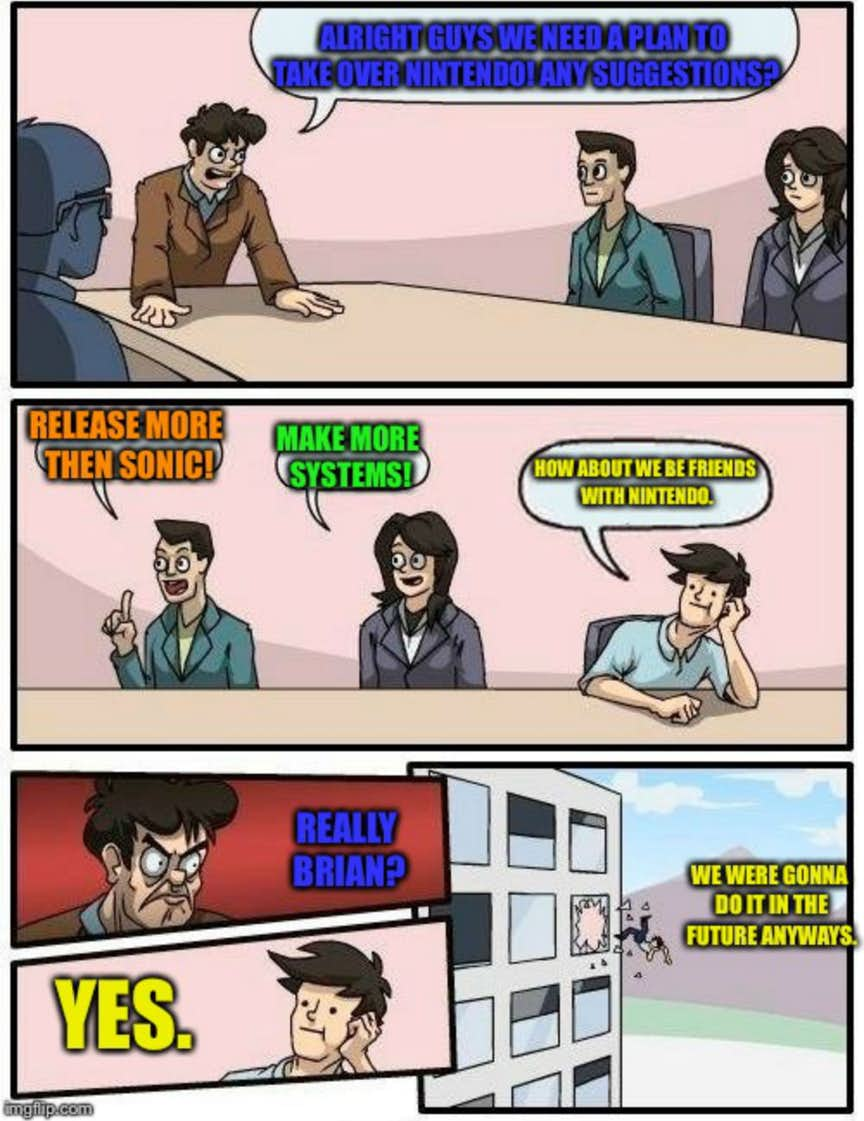
Safe to say Nintendo won, but their dominance in the console market is over, as Sony and Microsoft dominate.
When creating your marketing campaigns, you need to stick to what makes you great. Nintendo knew they made great games and chose to market them.
Sega cannibalised their marketing efforts by doing two things: focusing on what made Nintendo worse, which made them look bad with B2C buyers, and working with publishers who made poor games, which didn’t help their B2B relationships in the long run.
If you market your product well and people buy it and leave positive feedback, this builds trust with buyers. A trusted buyer is more likely to buy more from you, and they’re more likely to want new products as well.
If you break trust with your customers, they’ll leave you for a competitor and find a better solution.
In 2016, app developer Luminosity was fined $2 million for claiming their app could help prevent dementia.
They didn’t have the science to back up their claims and suffered as a result, destroying any trust they built in the process.
When you look at your marketing message, what values would make people believe you’re trustworthy. Are you honest? Transparent? Direct?
Salaries can be stressful. Is my colleague getting more than me? Maybe I should ask for more at my review?
Buffer — the social media scheduling tool — took away this confusion by making their salaries publicly available. Not only does this diffuse any worry in the office, it also shows prospects and the businesses that work with them they’re transparent and trustworthy.
Although we’ve highlighted some pretty awful marketing errors above, that’s what marketing is. Finding out what does and doesn’t work. Granted, some ideas are that ridiculous you wonder how they gained approval, but mistakes don’t mean your company is doomed.
This one isn’t tech-related, but it’s still relevant. Dove has a marketing campaign called real beauty that’s in its 15th year — the number alone proves it’s a success.
It’s not only the numbers that are impressive; Dove has also challenged unrealistic expectations of beauty and the negative effects it can have on women — improving self-esteem, image perception and self-confidence in the process.
However, the campaign isn’t without its flaws. The company released limited edition bottle shapes, which were designed to show the various figures of women — the idea being that women would choose the bottle that represented their shape.
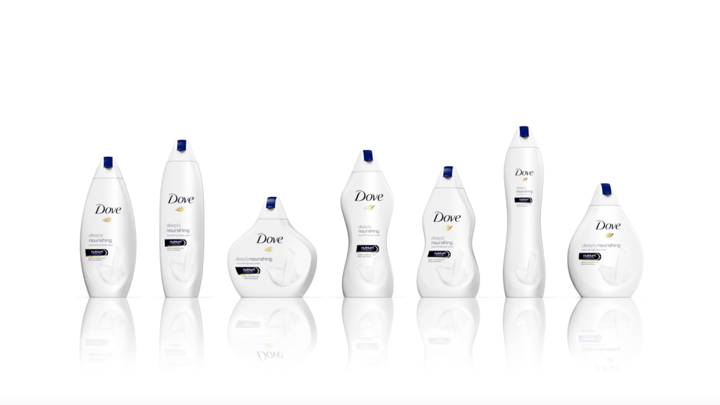
It didn’t work, and there were fears women would become more concerned with their image if they were forced to choose a particular shape.
Even if you’re intentions are good your message can sometimes be misconstrued, and you end up contradicting the message you’re trying to deliver.
When you’ve been marketing and selling your product for a while, you’ll start to get information from your customers. This can be through data collection, interviews or surveys. If you can gather data, you’ll have powerful information that can determine how you market your products.
Mobile network Three released a promotional video apologising for all the holiday spam people would see on social media, due to the fact they were allowing customers to use their data abroad at no extra cost.
The company were able to create this campaign by looking at customer behaviour when they went on holiday. They discovered people like to brag! And were more likely to use more data if they were charged at their standard rate.
The reason it worked is because Three understood their customers, they increased social conversations by 90%, improved brand image, and saved their customers £2.7 billion in roaming charges.
84% of B2B decision makers begin their buying process through a referral. If this is true, why do only 30% of B2B marketers have a referral plan?
The reason referrals are so powerful is simple — we trust people we know more than people we don’t know.
Influitive are experts in B2B advocate marketing, and aim help companies improve the lifetime value of their customers.
Influitive knew every customer was a potential source of referral, but not all would fit the bill, so they created this criteria:
They would send regular surveys out to their customers:
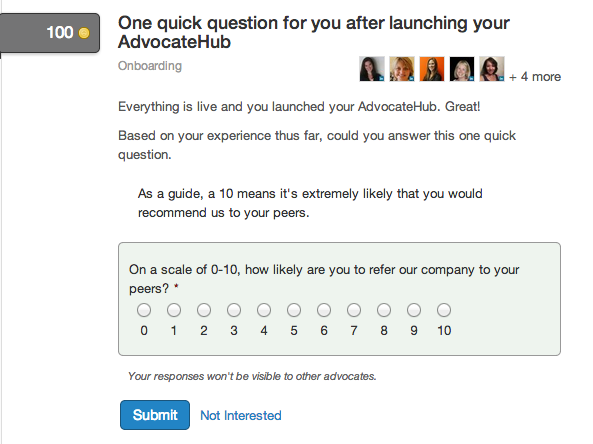
After they’d identified there customer, they’d ask for the referral directly:
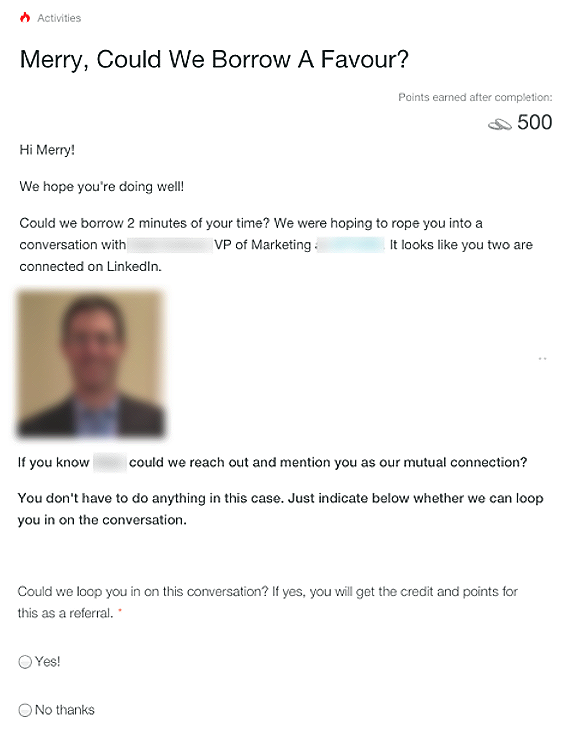
A referral usually means getting a reward, so they created three:
A simple tactic that improved customer loyalty and grew the business by 650%.
There are too many benefits for you not to market your tech startup. Here’s a recap to keep it fresh:
1. It Gets the Word Out
2. It Boosts Your Sales
3. It Improves Your Reputation
4. It Creates Healthy Competition
5. It Builds Trust With Your Buyers
6. You Learn What Works & What Doesn’t
7. You Get In-Depth Buyer Insights
Hiring? Market Recruitment is a leading recruitment agency for B2B tech startups. Contact us here to find out more.
Subscribe to our fortnightly newsletter to hear about our latest podcasts, blogs, career advice & jobs.